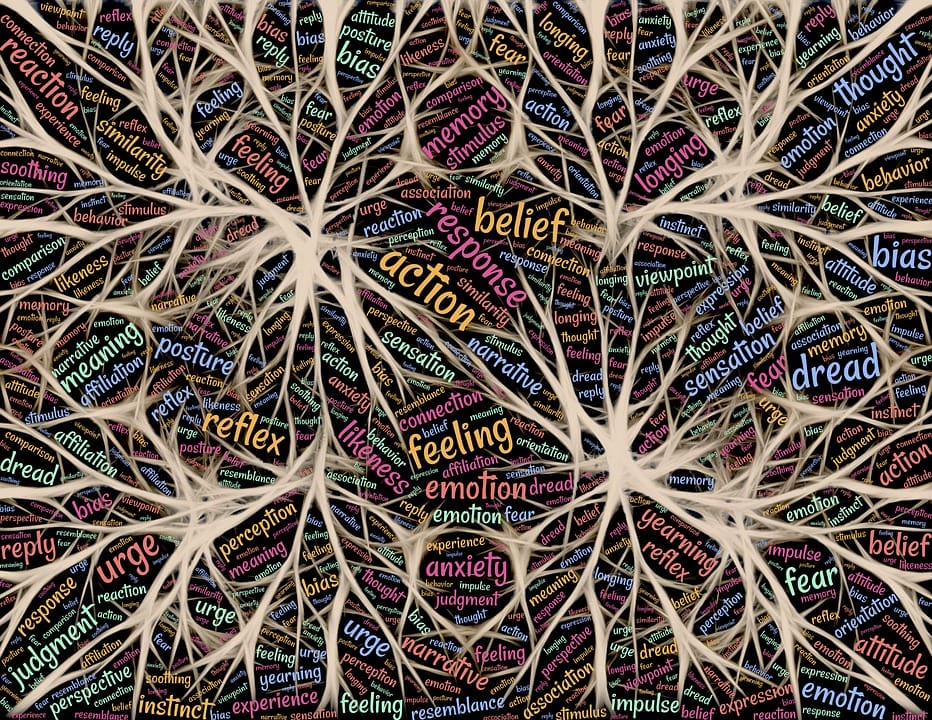How Intermittent Anxiety Affects the Brain

When occasional anxiety creeps in and you start to feel overwhelmed, you may notice that it gets hard to think clearly. Some people call this lack of clarity brain fog or mental fuzziness. The bottom line is that stress and worry can make it hard to put logical thoughts together, to concentrate, and to grasp thoughts or ideas. An anxious brain also has trouble relaxing, and feelings of heightened awareness often continue even after the source of stress has passed.
Anxiety usually feels like overwhelming uneasiness, dread, and fear. People may respond to these feelings by tensing up their bodies, sweating, and feeling restless. Sometimes, right when anxiety sets in, a sudden burst of energy hits. This burst of energy may improve mental clarity for some people. Often, it makes it difficult to think clearly, though.
Brain fog isn't a medical condition, but it is a common term that people use to describe how the brain tends to function during periods of stress. Symptoms of brain fog include difficulty concentrating and focusing, problems remembering things, trouble thinking of specific words, and reduced alertness. Doctors think that being anxious is simply exhausting for the brain: The brain gets tired of reasoning and focusing. Over time, repeated bouts of anxiety can also weaken the immune system and increase blood pressure.
The brain has a survival part that is responsible for regulating body temperature, body movement, breathing, and heart rate and maintaining the sleeping and waking cycle. The brain also has an emotional part that is in charge of regulating your feelings. The higher-functioning part of the brain solves problems, thinks critically, and processes communication. When a stress-inducing situation happens, the survival part of the brain makes fast decisions about breathing and heart rate, and it pushes extra energy out to the arms and legs for fast movement, if necessary. The emotional part of the brain becomes ready to experience intense emotions in response to the situation. The higher-functioning part of the brain stops functioning to allocate brain power to the other parts of the brain that need extra energy. When worry and stress start to build up, there are ways to cope. Developing your "distress tolerance" involves accepting that some things are out of your control and letting these things go. Accepting a state of uncertainty can actually help calm down the brain so it doesn't feel the need to release stress hormones.
The brain is integrally involved in the perception of stress and anxiety. When an acute situation happens, your brain immediately kicks into high gear to decide whether you're going to fight or flee. The brain gets ready to communicate with other body systems, such as the cardiovascular system, so you can move quickly, if necessary. The brain also releases stress hormones such as adrenaline and cortisol. These hormones increase alertness and shorten response time. Prolonged periods of stress and living in survival mode causes extra wear and tear on the brain. Sometimes, aging can be accelerated due to this prolonged stress response, and it's also common for people to experience memory issues. Prolonged stress may lead to structural degeneration of the hippocampus and reduced function of the prefrontal cortex. Damage caused by too much anxiety might be reversed to some extent. Brains are capable of regenerating and regrowing to a degree, but the best way to protect the brain is to find ways to reduce stress in the first place.